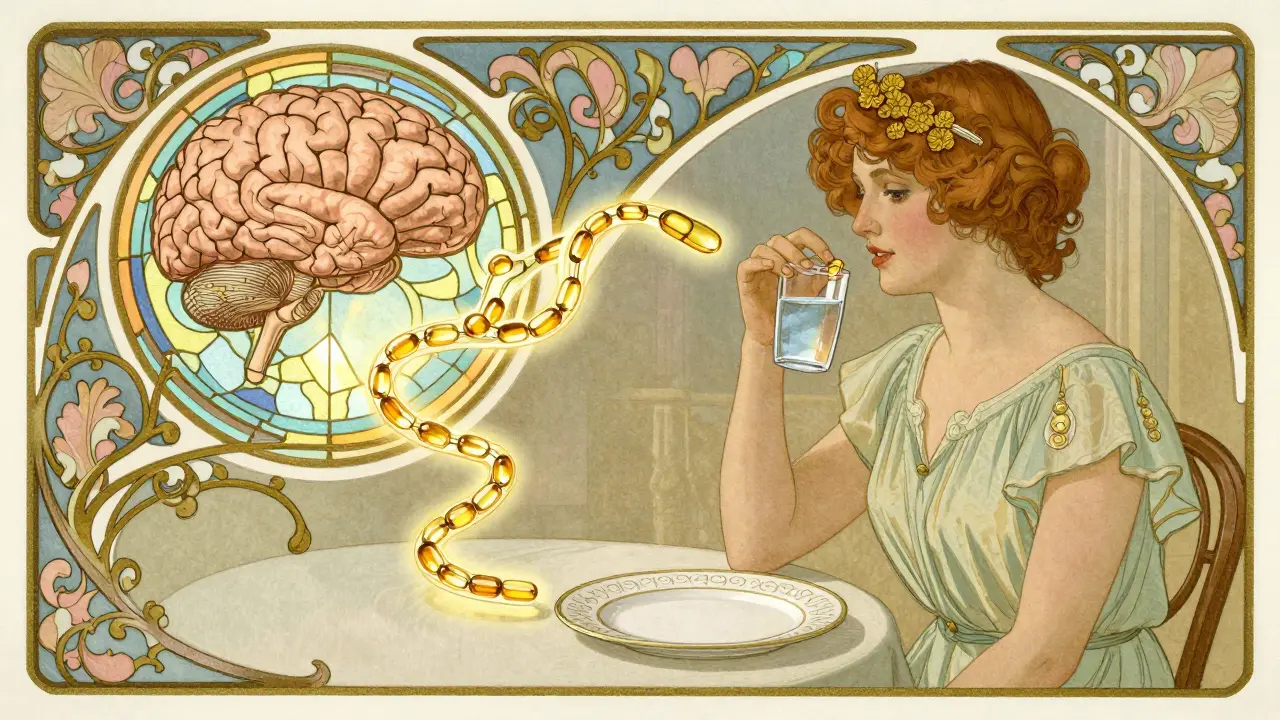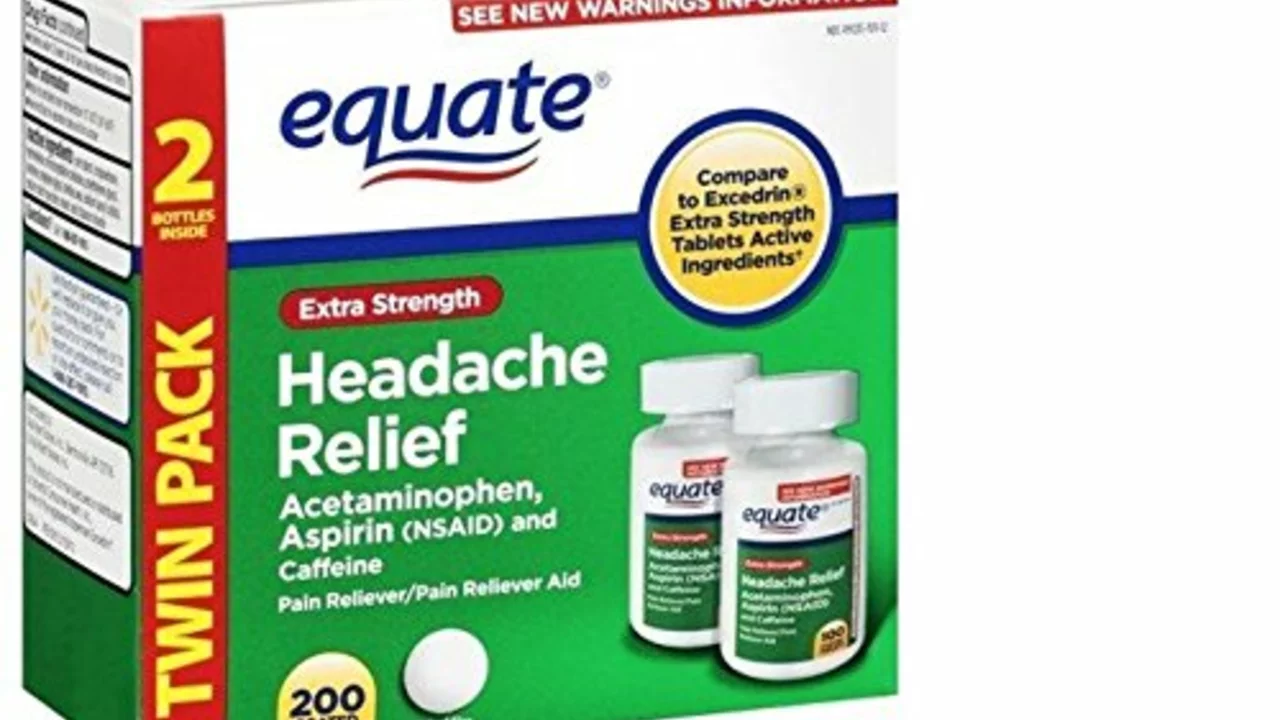Medication Effectiveness: How to Tell If a Drug Is Working
When you start a new drug, you want to know fast: is this working? Medication effectiveness means the medicine is doing what your doctor intended — lowering symptoms, fixing lab numbers, or preventing episodes. Here are clear, practical ways to judge that without guessing.
First, set a simple goal with your prescriber. Ask: what should improve, by when, and by how much? For example, a blood pressure drug might aim to cut systolic pressure by 10–20 mmHg in a month. A depression med may need 4–8 weeks for noticeable mood changes. A concrete goal gives you something measurable, not just a feeling.
Watch specific signs, not general vibes
Track narrow, repeatable signs. If you have asthma, note how many rescue inhaler puffs you use each week. With pain meds, record pain on a 0–10 scale every day. For diabetes, check fasting glucose and A1c numbers. Small, regular records show real trends and cut through placebo effects and mood swings.
Remember timeframes vary. Antibiotics often act within days. Antidepressants and thyroid meds take weeks. Some drugs show steady improvement; others work fast then plateau. If you don’t see expected changes in the agreed timeframe, it’s okay to ask for a dose change or a different treatment.
Use tests and objective measures
Lab tests, imaging, or device readings remove guesswork. Cholesterol levels, kidney markers, and INR for blood thinners are objective and reliable. Home devices — blood pressure cuffs, glucometers, peak flow meters — help you monitor daily. Share those numbers with your clinician; they guide smart adjustments.
Side effects matter for effectiveness too. A drug that reduces symptoms but causes nausea, fatigue, or insomnia might not be a win if you stop taking it. Balance benefit versus harm. If side effects are heavy, ask about a lower dose, timing changes, or an alternative.
Adherence is a huge hidden factor. Missing doses, taking medicines at different times, or mixing with alcohol and certain foods can make an effective drug look useless. Set reminders, use pill boxes, and talk to your pharmacist about interactions that reduce effectiveness.
Ask about drug interactions and metabolism. Grapefruit, some antibiotics, and certain supplements change how the body handles meds. Knowing which substances interfere helps keep your drug working as expected.
If the drug isn’t working after a fair trial and you followed instructions, push for a plan: switch drugs, combine treatments, or add lifestyle changes. Good medical care adjusts when something isn’t effective.
Keep a short, honest log of what changed and when. Share it at follow-ups. Clear records speed decisions and cut out guessing. If you’re unsure whether to keep a drug, getting specific numbers and a timeline will make the next steps obvious.


